All things considered, the beneficial aspect of Nigeria’s abysmal outing at the just concluded Paris Olympics is the lesson that corruption has eaten too deep into every aspect of our national life, and the time to wake up and fight is now. How can anyone ever imagine that our team would haul in a basket of medals when the system that sponsored them to the games is itself a leaking basket of rot?
National players and their trainers are owed ad infinitum; unqualified athletes are signed on in exchange for cash; friends and family are flown abroad camouflaged as official delegates; funds are delayed for critical programmes and assignments all in a bid to skim some coins; and vital sports administrative positions are given to political jobbers who have no business in sports business. So, now we know, the games arena has zero tolerance for graft.
The Olympic scene is even more allergic to sleaze because, with its 40 listed games, the weakness of the Nigerian sports administration is exposed. There are lots of minor sports provided for in the Nigerian budget but because they are not in the people’s eyes, government officials use them to syphon public funds. At the Olympics, these ‘small games’ reward other serious nations with medals, while we queue up only for the big ones – football, athletics and, recently, taekwondo. This is exactly why some Nigerian-born athletes who were shabbily treated here found themselves winning medals when they joined other countries in such minor games as hammer throwing.
In fact, to understand how the country has been surviving on citizen efforts, one could take a moment to look at the career of the Nigerian Olympian, Chika Chukwumerije, the son of the Nigerian politician, late Senator Uche Chukwumerije, who was reportedly funded by his father to undertake the intensive training that prepared him to get a medal for Nigeria at the 2007 All-Africa Games, and presented the country one of the best chances for a medal at the 2008 Summer Olympics in Beijing. He eventually won a bronze medal, Nigeria’s third medal of the tournament, a feat that made the Federal Government appoint him as leader of Team Nigeria at the 2012 Summer Olympics.
Just before he retired, Chukwumerije revealed that he attained such height in sports mostly through personal efforts. Recognising that the nation did not provide a robust platform for talent development, he went ahead to nurture other talents. He tried to achieve what the government was not doing. He designed talent hunts, visited secondary schools, and organised contests and events to ensure that the athletes kept the spirit alive and their physical energy in tandem with global standards. This was how he discovered athletes who represented Nigeria and won laurels at continental and global levels.
Interestingly, his brother, Dike Chukwumerije, a well-known poet and spoken word performer, recently published an article explaining why he did not follow in the footsteps of his Olympian brother even though he was also a taekwondo black belter. In the article, which has gone viral, he narrated the ordeal he underwent, years back, while representing Abuja at the National Sports Festival, Bauchi. The treatment of so-called national athletes was so dehumanising – plus his unpalatable experiences representing his school at the Nigerian Universities Games – that he had no choice but to quit sports.
Yet, the underlining message in Dike’s piece is the corruption that has overtaken the country’s sports sector: “But poetry never robbed me of clarity at the systemic injustice of it all. Monkey work, Baboon chop. True. It is no exaggeration, but the Nigerian state – with its convoy-driving, mansion-building, estacode-pocketing, contingent-populating agents – is not deserving of the Nigerian athlete.
“For this reason, my joy at the victory of Nigerian athletes is always constrained by a secret desire that it didn’t happen because the state will claim it. The state that was not there in the athlete’s struggle. Only when there is something to be reaped, something it did not plant, only there will you find the Nigerian state. True. That is what leadership today in Nigeria is fast becoming – parasitic. Feeding so voraciously off society, society is dying,” Dike lamented.
This is not the first time Nigerian sportspeople have shouted to the high heavens over the corruption in the sector. In 2016, just after the election victory of former President Muhammadu Buhari, who came into office sailing on the anti-corruption mantra, ex-international, Daniel Amokachi, called on the new administration to fulfil its pledge to fight corruption. He alleged that Nigerian youths coughed out as much as N250,000 each to get into the U-17 national football team. At that time, the football star had joined forces with a coalition of civil society organisations, operating under the aegis of the National Support Groups for Good Governance, protesting in support of the war against corruption in Abuja.
“President Buhari is one who doesn’t take nonsense when it comes to fighting corruption. I concur with everything he says. For instance, in Nigerian football today, the youths, when invited to the national team, a coach will ask them to bring N250,000 each to get into the U-17 team when he already has the talent. If a person has talent, he should be allowed to showcase what he has in the interest of the nation. A small team cannot win the Nigerian league because all the people in Nigerian football are corrupt. If a referee is bribed and a match is won here, the match cannot be won there.”
Alas, nobody knew that we would sink even deeper. It has become so bad that the world now knows how we live our life here. A couple of years ago, FIFA’s secretary-general, Fatma Samoura, took steps to ensure that the Nigerian female players, Super Falcons, would receive their prize money directly from FIFA for the 2023 World Cup without any third-party involvement. This decision was made in response to protests from the players and coach, who were demanding unpaid allowances. In 2019, the Super Falcons had to leave their accommodations in France because they were not receiving their bonuses from the NFF.
To be sure, this is what goes down in the entire sector. Football is just a microcosm and is always on the front burner because it is the fattest cow in the stable, where there are many more corners to cut, and bigger accounts to carve. Just like in the wider national bureaucracy, budgets are padded, and then most of them are not implemented. The officials find a way to avoid or delay payments, in order to retire them and/or reroute them into their pockets.
At the penultimate Summer Olympic Games, Nigeria was on the medals table with one silver and one bronze. At the Rio de Janeiro 2016 Olympics, we finished with a solitary bronze medal, while at the London 2012 Olympics, Team Nigeria finished with zero medal. Hence, the medals won at the last four Olympics are not up to the five medals won at the Beijing 2008 Olympics alone. This can only mean that we are now rock bottom, and Paris might be the final warning. To me, we must decide now to take our destiny into our own hands.
The last time Nigeria had its national anthem played in an Olympic arena, with its athlete(s) standing atop the gold medal podium, was in Atlanta 1996 when Chioma Ajunwa won the Women’s long jump event and the under-23 football team pulled off the same feat which electrified the nation in patriotic frenzy and joy. That was about three decades ago. The Olympics is the ultimate symbol of sports diplomacy encoded in the national spirit. We cannot allow that light to be extinguished.

 3 months ago
39
3 months ago
39



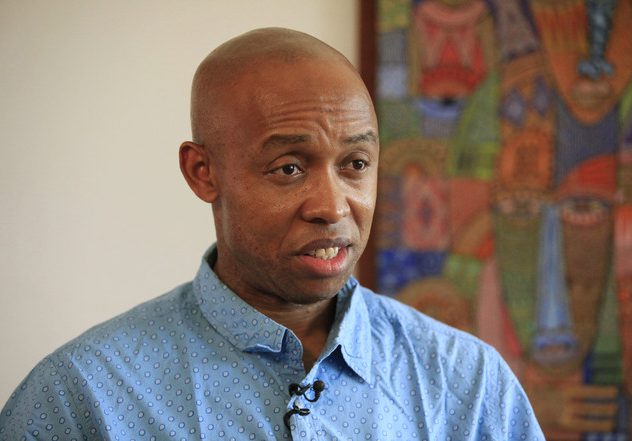
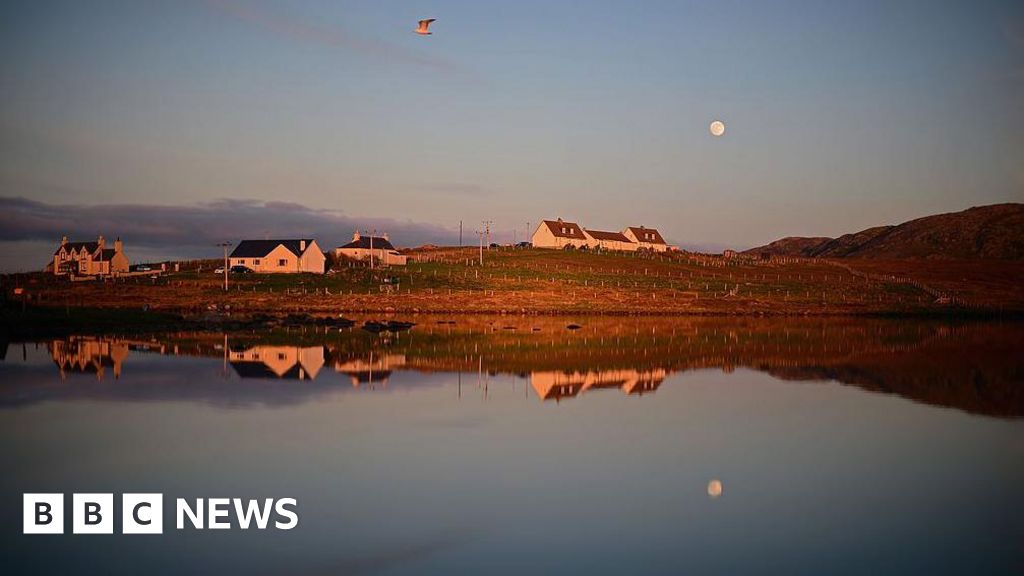
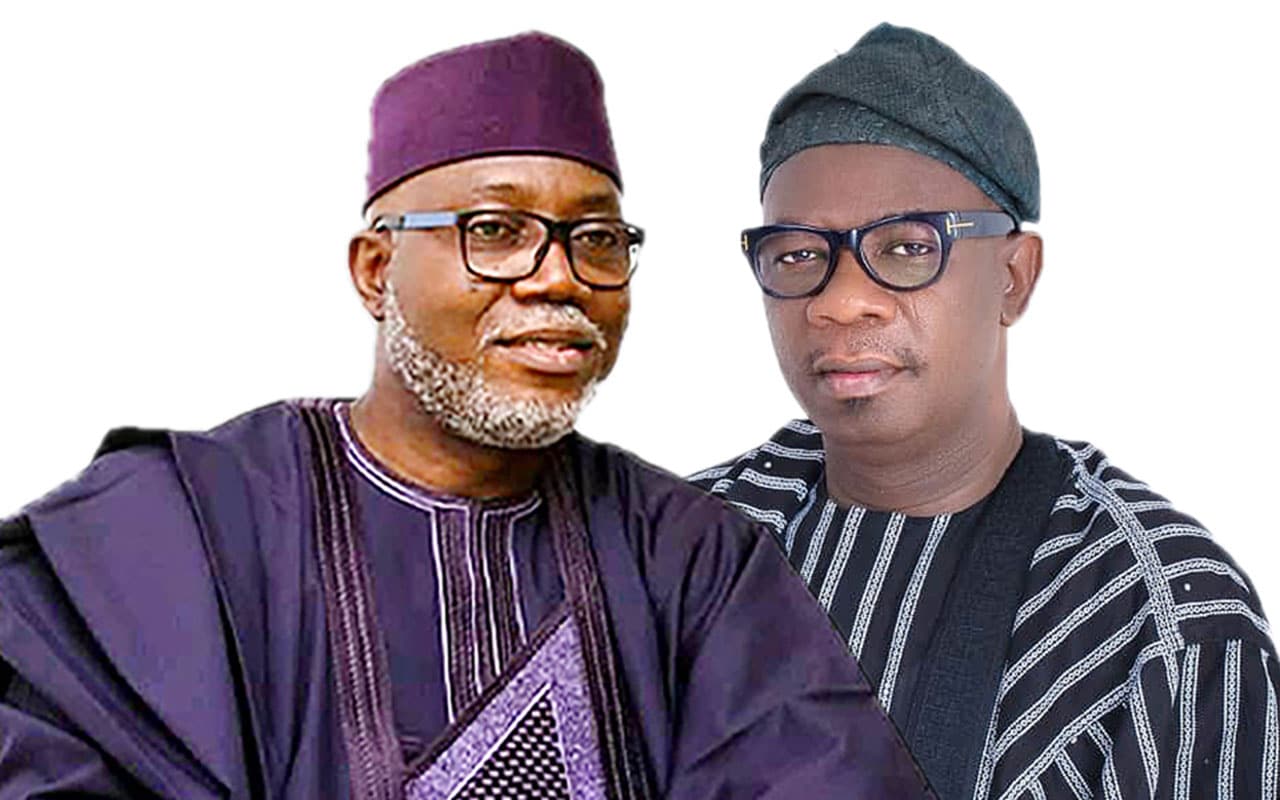
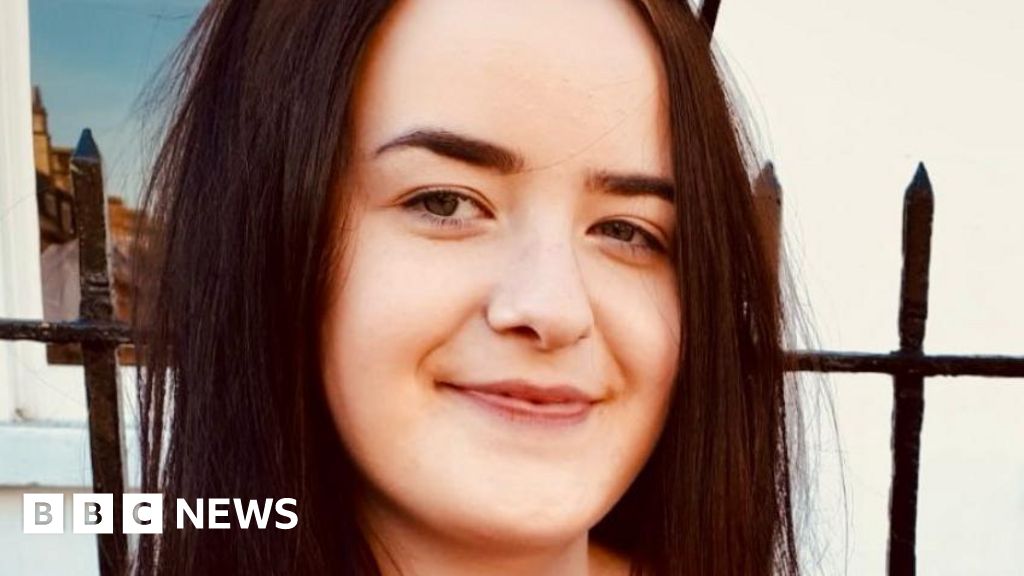




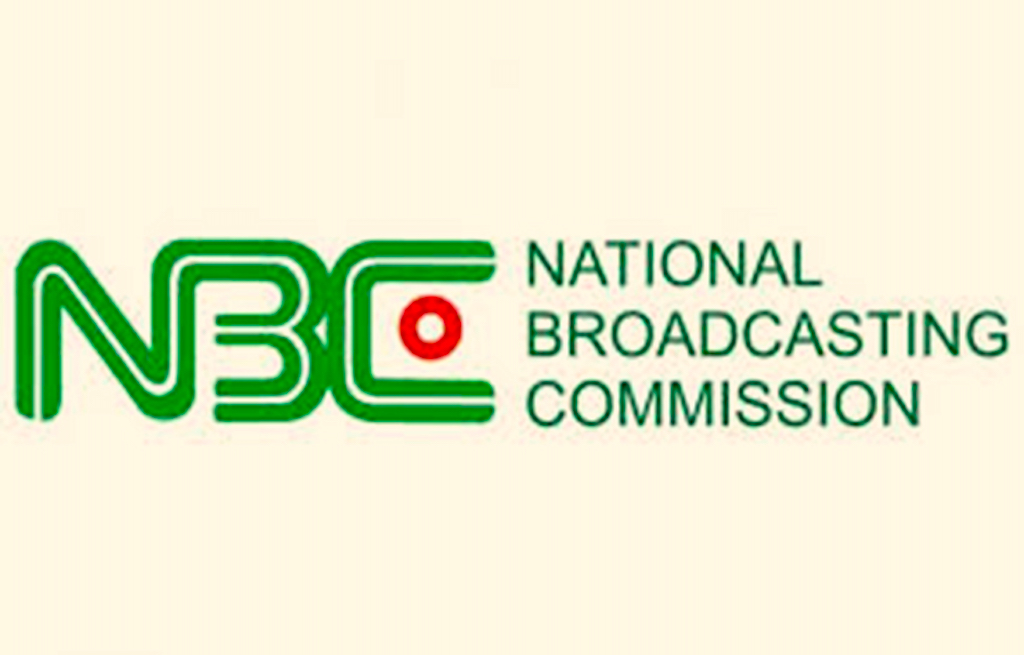

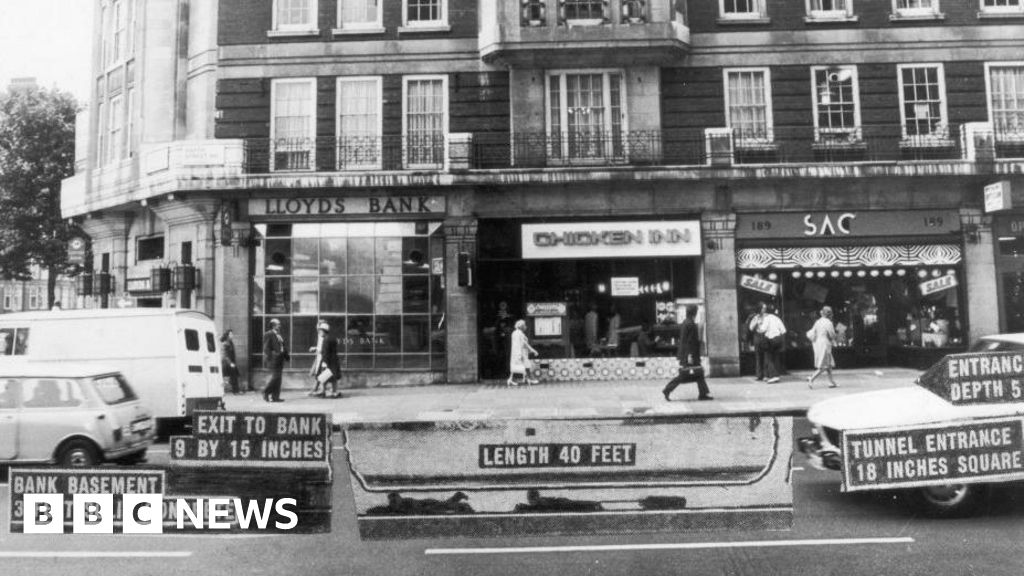
 English (US) ·
English (US) ·